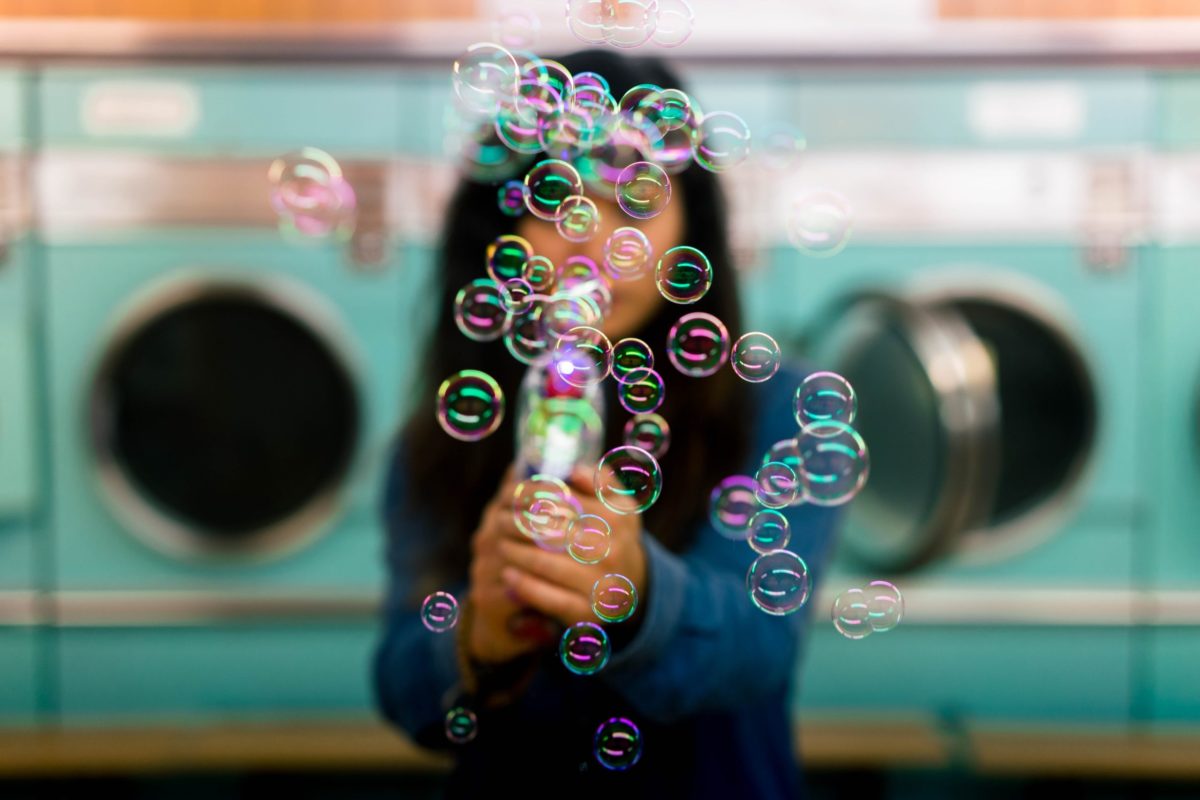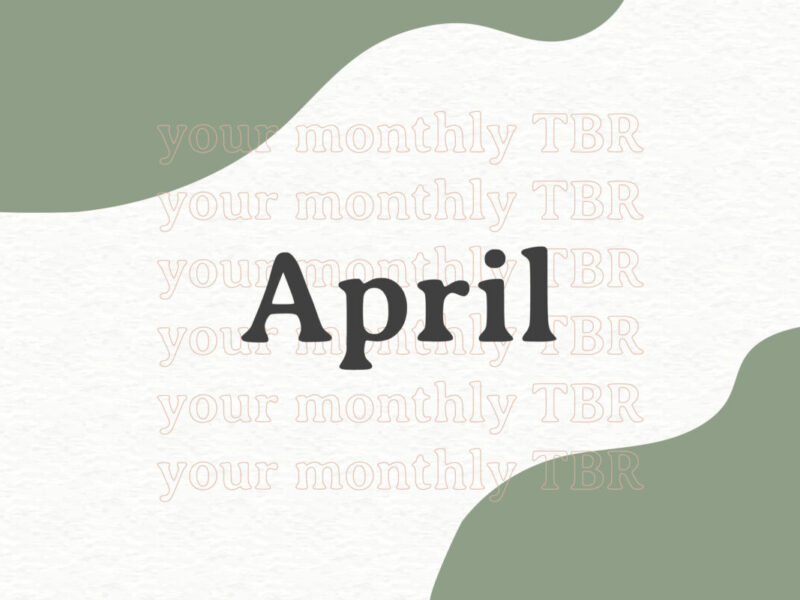I remember sipping on the juice of oranges with the midday sun warming my skin when I was six. I remember doing cartwheels just because they were fun. I remember blowing bubbles and being amazed by the iridescent circles floating on the grass. I remember being afraid of balloons popping next to my ear at birthday parties, the screech of the rubber when kids would hold it too tight. I remember rollerblading and a love of reading books: Libraries were my favorite place. Even though I’m now an adult, I will never lose my inner child.
The inner child is a psychological term to refer to the kid we carry within us even though we’ve now grown up. If we think of our personality, we can see it as multilayered with our inner child embedded within our subconscious mind. The term “inner child” is most often used in therapy to do healing work such as in the groundbreaking book, Healing the Child Within by Charles L. Whitfield.
The inner child is also used as a helpful way of understanding how to heal our creative self and practice self-care. In The Artist’s Way by Julia Cameron, she advises artists (this includes poets) to take themselves out on an “artist date” where you do an activity by yourself that encourages your creativity. She also suggests spending alone time with your artist child because it’s self-nurturing. She links creativity to having child-like awe and reverence for the world around us: “Our artist is actually our child within, our inner playmate…Our artist child can best be enticed to work by treating work as play.”
We can nurture our inner child by doing things we loved as a kid and by reading poetry that reminds us of what it was like to see the world anew: through the eyes of a child.
“PERSIMMONS” BY LI-YOUNG LEE
In this lyrical poem, Li-Young Lee traverses time periods with the sweet taste and fragrance of persimmons. The narrator of this poem has been scolded publicly by his sixth-grade teacher, Mrs. Walker, who has no consideration for Chinese-American students learning a new language and later on in the poem, she appropriates his culture by calling persimmons a “Chinese apple.” Instead of lingering in this traumatic memory, the narrator teaches us how to savor the sensuality of persimmons through concrete images.
We are then transported in time in the following stanza to link the sensuality of making love to eating persimmons. We move through time and stanzas and land back in the classroom to discover the ways learning new words created both challenges as well as playful word associations for the narrator. We then move forward in time to emotional memories between the narrator and his father. The memory of persimmons is a way for the narrator to connect with his father who is struggling with going blind. As we read this poem, there are so many beautiful lines to remember as “Persimmons” is full of love and tenderness.
“THE LAUGHING SONG” BY WILLIAM BLAKE
William Blake was a Romantic, mystic, progressive, and visionary poet of the 18th and 19th centuries. One of his well-known books of verse, Songs of Innocence and Songs of Experience, is perfect for recalling the voice of children marveling at nature and discovering life as divine. Songs of Innocence remains true to its name and offers playful rhythms and rhyme. Songs of Experience, by contrast, is darker in tone and includes poems that illustrate the hardship children must endure as they lose their innocence: One of my favorites from Songs of Experience is “The Garden of Love.”
Here is a joyful poem from Songs of Innocence.
Laughing Song
When the green woods laugh with the voice of joy,
And the dimpling stream runs laughing by;
When the air does laugh with our merry wit,
And the green hill laughs with the noise of it;
when the meadows laugh with lively green,
And the grasshopper laughs in the merry scene,
When Mary and Susan and Emily
With their sweet round mouths sing “Ha, ha he!”
When the painted birds laugh in the shade,
Where our table with cherries and nuts is spread:
Come live, and be merry, and join with me,
To sing the sweet chorus of “Ha, ha, he!”
“SUPERSTITIOUS” BY SHEL SILVERSTEIN
Shel Silverstein is the well-known children’s author of many wonderful books such as The Giving Tree. He has so many silly, insightful, and playful poems. Here is one of them that makes me laugh or smile every time because it looks at fear and pokes fun of it.
Superstitious
If you are superstitious you’ll never step on cracks.
When you see a ladder you will never walk beneath it.
And if you ever spill some salt you’ll throw some ‘cross your back,
And carry’ round a rabbit’s foot just in case you need it.
You’ll pick up any pin that you find lying on the ground,
And never, never, ever throw your hat upon the bed,
Or open an umbrella when you are in the house.
You’ll bite your tongue each time you say
A thing you shouldn’t have said.
You’ll hold your breath and cross your fingers
Walkin’ by a graveyard,
And number thirteen’s never gonna do you any good.
Black cats will all look vicious if you’re superstitious,
But I’m not superstitious (knock on wood).
Remembering our childhood and embracing the mystery of life can bring back a sense of wonder for the world. The ability to remain present and see life as a playful adventure is something children naturally have, and it’s an admirable trait to utilize in the midst of challenging times. I hope these poems gave you a sense of joy or silliness that we had as children and that we can bring back when we spend time with our inner child.




